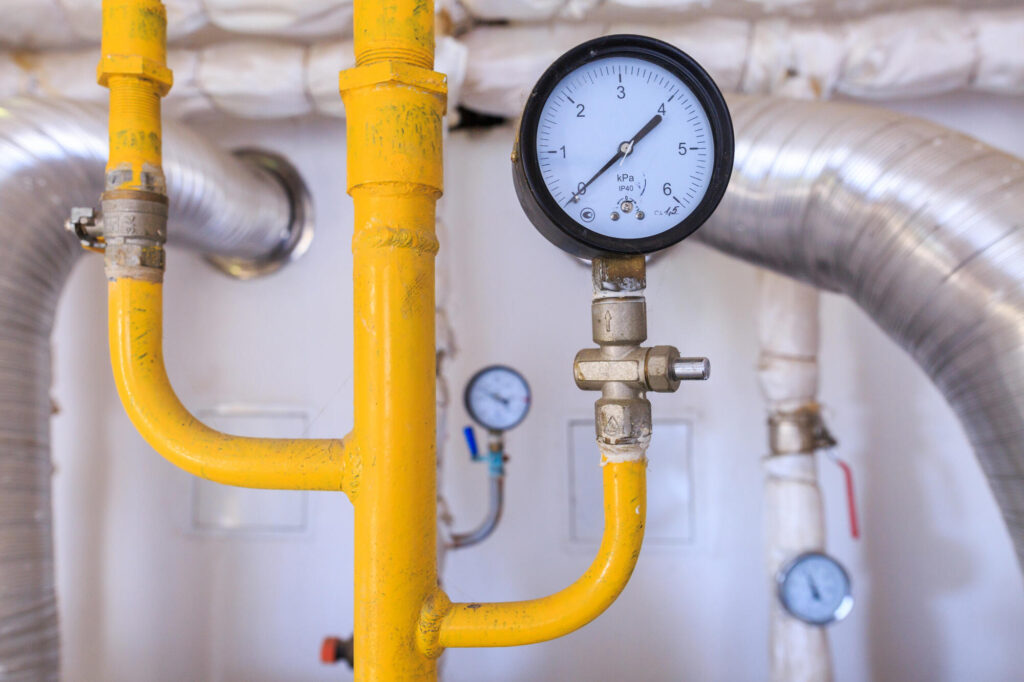Gas detection is a key part of safety in many industries. From oil and gas to manufacturing and mining, the risk of harmful gases is always present. These gases can cause health problems, fires, or even explosions. But gas detection does more than keep people safe. It also helps improve the way a company operates.
When a business uses gas detection systems, it can make faster decisions, reduce downtime, and avoid costly mistakes. In this article, we will look at how gas detection helps with operational efficiency.
Prevents Accidents and Shutdowns
Gas leaks can lead to serious accidents. If a dangerous gas is released and goes unnoticed, it can harm workers or damage equipment. In some cases, companies may have to stop operations completely until the area is safe again.
With gas detection systems, leaks are spotted early. Alarms go off when gas levels become unsafe. This fast warning gives teams enough time to react. By acting quickly, companies can stop small problems before they become big ones. This helps avoid shutdowns and keeps operations running smoothly.
Supports Worker Safety
Employee safety is a top priority in any industry. Toxic gases like carbon monoxide, hydrogen sulfide, or ammonia can make workers sick or even be fatal in high amounts. Gas detectors help protect workers by constantly checking the air for dangerous levels.
When workers feel safe, they can do their jobs better. They won’t have to worry about unseen dangers. This peace of mind helps boost focus, reduces stress, and increases productivity.
Improves Equipment Life
Some gases are not only dangerous to people-they can also damage equipment. Corrosive gases, for example, can wear down machines, pipes, or electrical systems over time. If gas levels are not controlled, the damage can shorten the lifespan of expensive equipment.
Gas detection helps avoid this problem. It gives early warnings when gas levels rise. Teams can then take action to stop damage before it happens. As a result, equipment lasts longer and performs better, saving money on repairs and replacements.
Reduces Downtime
Downtime is costly. Every minute a system or machine is not working can lead to lost production, missed deadlines, and unhappy customers. Gas leaks often lead to emergency shutdowns, evacuations, or long repairs.
With the right gas detection tools in place, problems can be fixed before they cause serious delays. Some systems even allow for remote monitoring and alerts. This means action can be taken quickly, even from another location. By reducing downtime, companies can stay on schedule and serve their clients better.
Helps Meet Regulations
Many industries have strict rules about air quality and worker safety. Government agencies often require regular testing and monitoring of gases. Failing to follow these rules can result in fines, penalties, or even forced closures.
Gas detection systems help businesses stay compliant. They provide proof that the company is meeting safety standards. Some systems even keep records of gas levels over time. This makes it easier to pass inspections and audits, saving time and avoiding trouble.
Saves Money in the Long Run
While gas detection systems can cost money to install, they save much more over time. Early detection prevents accidents that could cost millions in damages or lawsuits. It also helps avoid wasting raw materials due to leaks.
Additionally, protecting equipment and reducing downtime means fewer repair costs and higher output. All of this adds up to major savings. In fact, companies often find that gas detection pays for itself through increased efficiency and fewer problems.
Boosts Confidence in the Workplace
When teams know they’re working in a safe environment, morale improves. People feel more valued and respected when their safety is taken seriously. This creates a stronger sense of teamwork and responsibility.
A safe workplace also helps with hiring and keeping good employees. Workers are more likely to stay with a company that invests in their health. This reduces training costs and makes the business more stable over time.
Improves Decision-Making with Real-Time Data
Modern gas detectors often come with digital features. They can provide real-time data about gas levels, trends, and alerts. This information is valuable for operations managers and safety teams.
By having instant access to gas readings, teams can make faster and better decisions. For example, if a certain gas is rising in one area, the team can adjust ventilation or move workers to a safer spot. Over time, the data can also show patterns, helping managers plan better and avoid future risks.
This is why many companies choose to shop for RKI gas monitors, as they are known for accuracy and reliable data logging. Real-time data transforms how operations are managed, leading to smarter workflows and higher productivity.
Helps in Emergency Planning
Gas detection is not just about spotting leaks-it’s also a key part of emergency planning. Knowing what gases are present and how they behave helps teams prepare better for worst-case scenarios.
With a clear understanding of gas risks, companies can create more effective evacuation plans. They can also place detectors in the right spots to catch issues early. In an emergency, quick action saves lives and limits damage. Having a gas detection system in place means you’re not reacting blindly-you’re making informed moves.
Supports Environmental Responsibility
Many gases can harm the environment if released in large amounts. Companies today are expected to operate in ways that protect nature and reduce pollution. Gas detection systems help meet these goals.
By catching leaks early, companies can stop harmful emissions before they spread. This helps reduce their carbon footprint and keeps the air cleaner. It also shows customers and investors that the business is serious about sustainability. In some cases, it may even lead to tax breaks or government rewards for being environmentally friendly.
All About Gas Detection in Operational Efficiency
Gas detection is more than a safety tool. It’s a smart way to improve how a business runs. From reducing downtime to protecting equipment and boosting worker confidence, the benefits are wide and lasting.
When companies invest in gas detection systems, they’re not just avoiding danger-they’re building a stronger, more efficient operation. Whether you’re in manufacturing, energy, or construction, the message is clear: gas detection is good for safety, and even better for business.
If you’d like to learn more, check out more articles on our blog.






